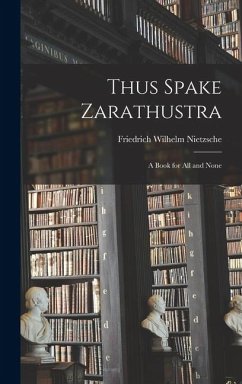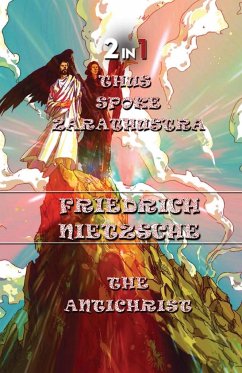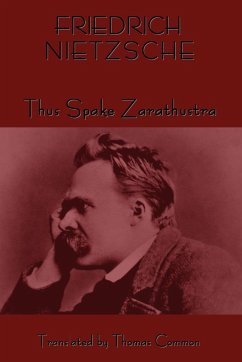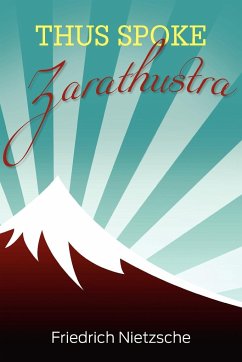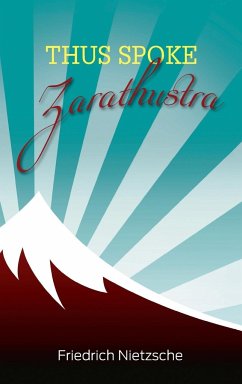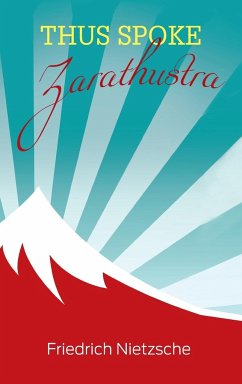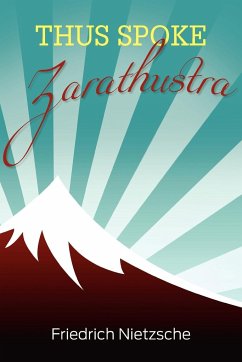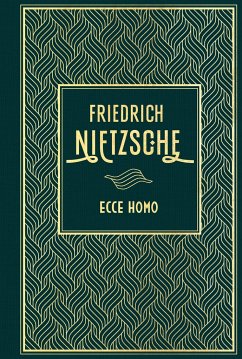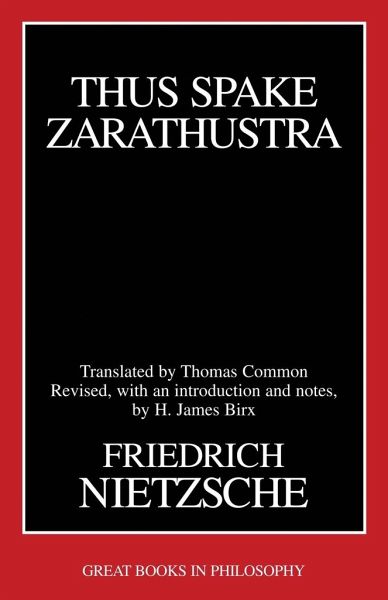
Thus Spake Zarathustra
Versandkostenfrei!
Versandfertig in 1-2 Wochen
14,99 €
inkl. MwSt.

PAYBACK Punkte
7 °P sammeln!
Friedrich Nietzsche (1844-1900) has been proclaimed the seminal figure of modern philosophy as well as one of the most creative and critically influential geniuses in the history of secular thought. "Writing in blood" and "philosophizing with a hammer," Nietzsche scathingly criticized modern civilization's basic ideas, beliefs, and values, and boldly proclaimed that "God is dead," thereby fathering atheistic existentialism.Thus Spake Zarathustra is Nietzsche's masterpiece. Rich in irony, poetry, and symbolism, this unique volume presents the German philosopher's major concepts: the master and ...
Friedrich Nietzsche (1844-1900) has been proclaimed the seminal figure of modern philosophy as well as one of the most creative and critically influential geniuses in the history of secular thought. "Writing in blood" and "philosophizing with a hammer," Nietzsche scathingly criticized modern civilization's basic ideas, beliefs, and values, and boldly proclaimed that "God is dead," thereby fathering atheistic existentialism.Thus Spake Zarathustra is Nietzsche's masterpiece. Rich in irony, poetry, and symbolism, this unique volume presents the German philosopher's major concepts: the master and slave moralities, a pervasive will to power, the heroic overman transcending good and evil, and an eternal recurrence of the same dynamic universe.






